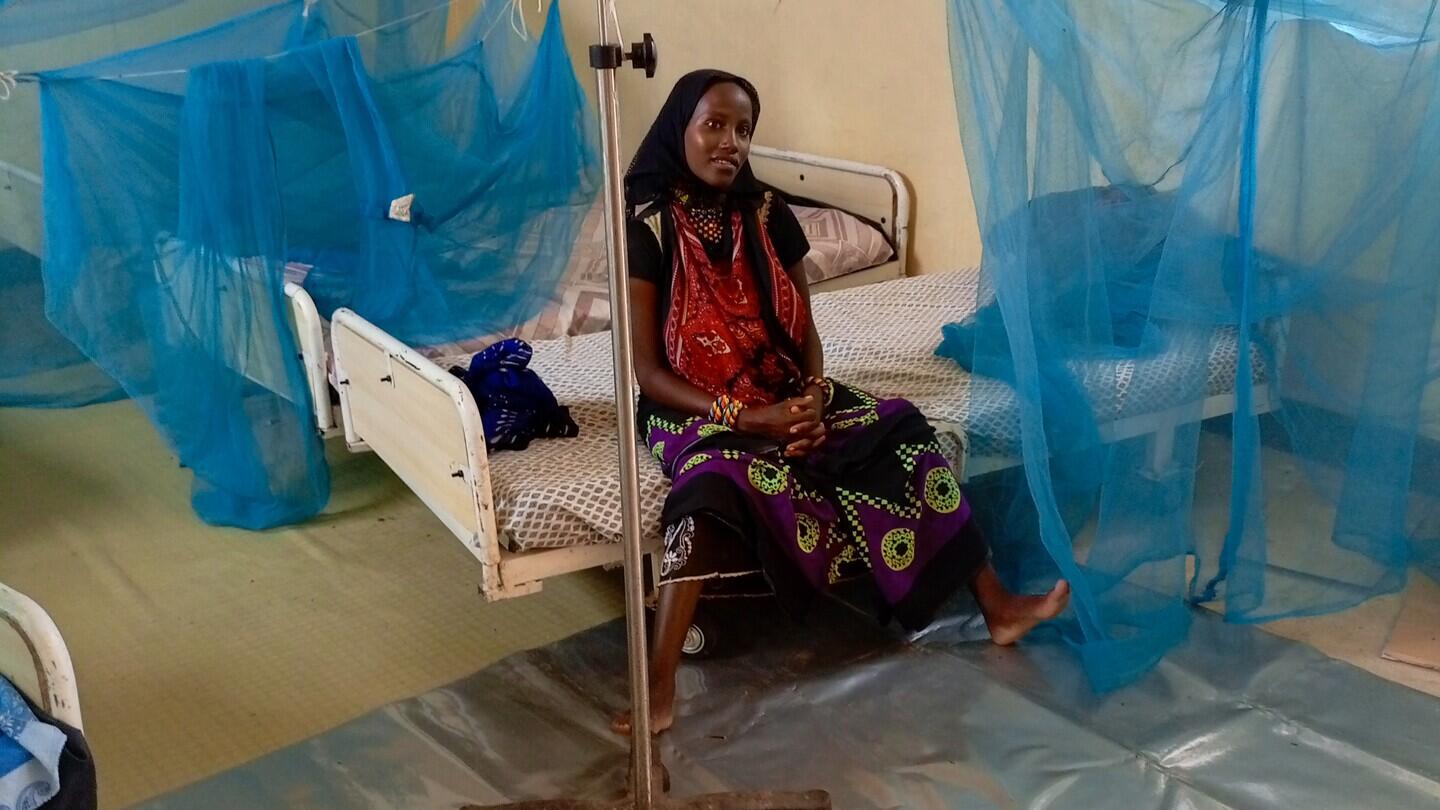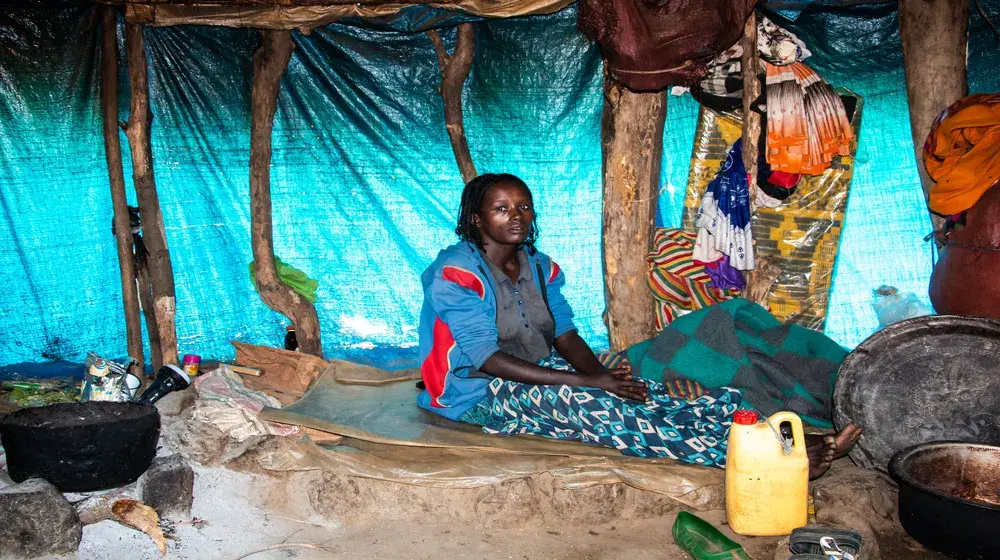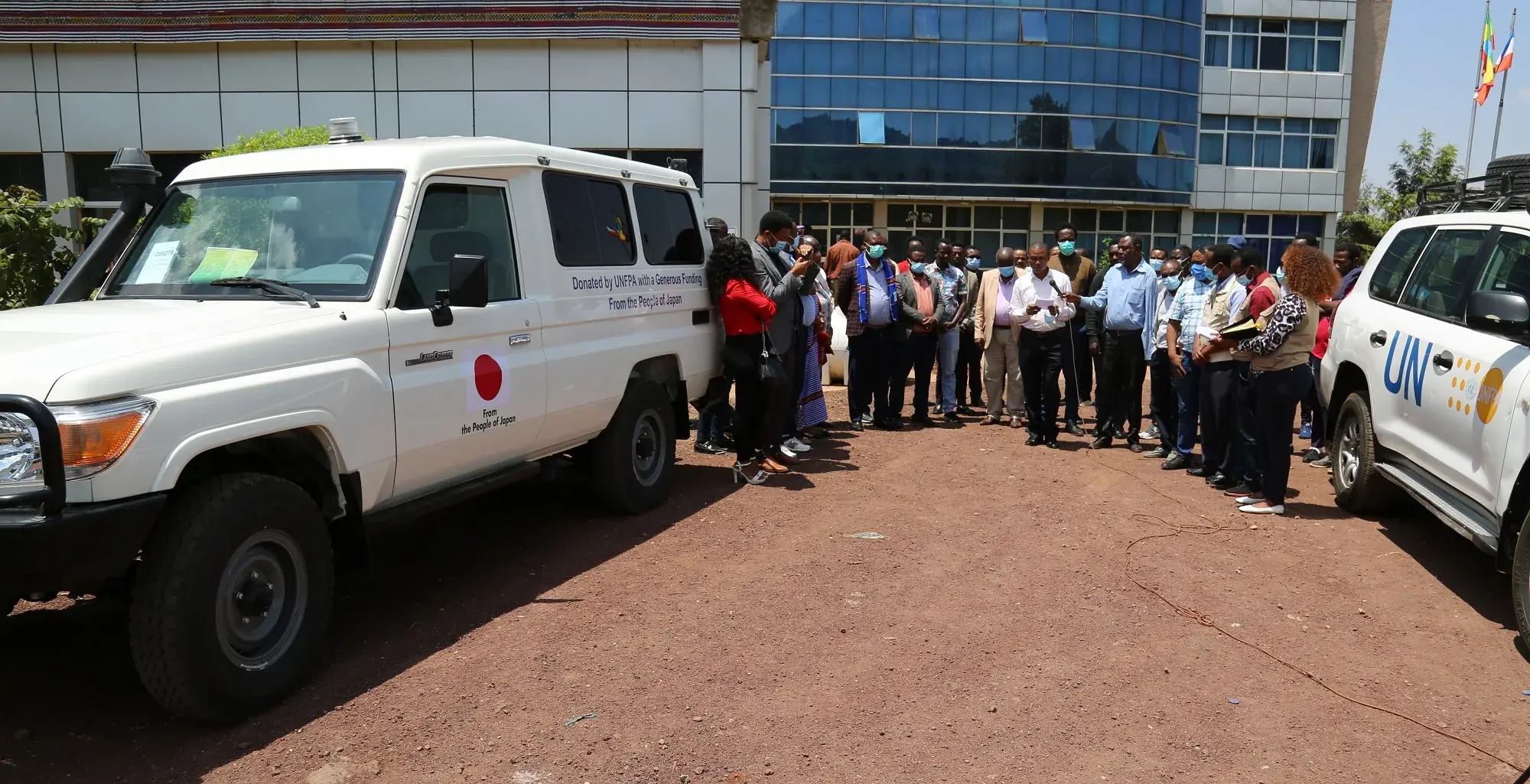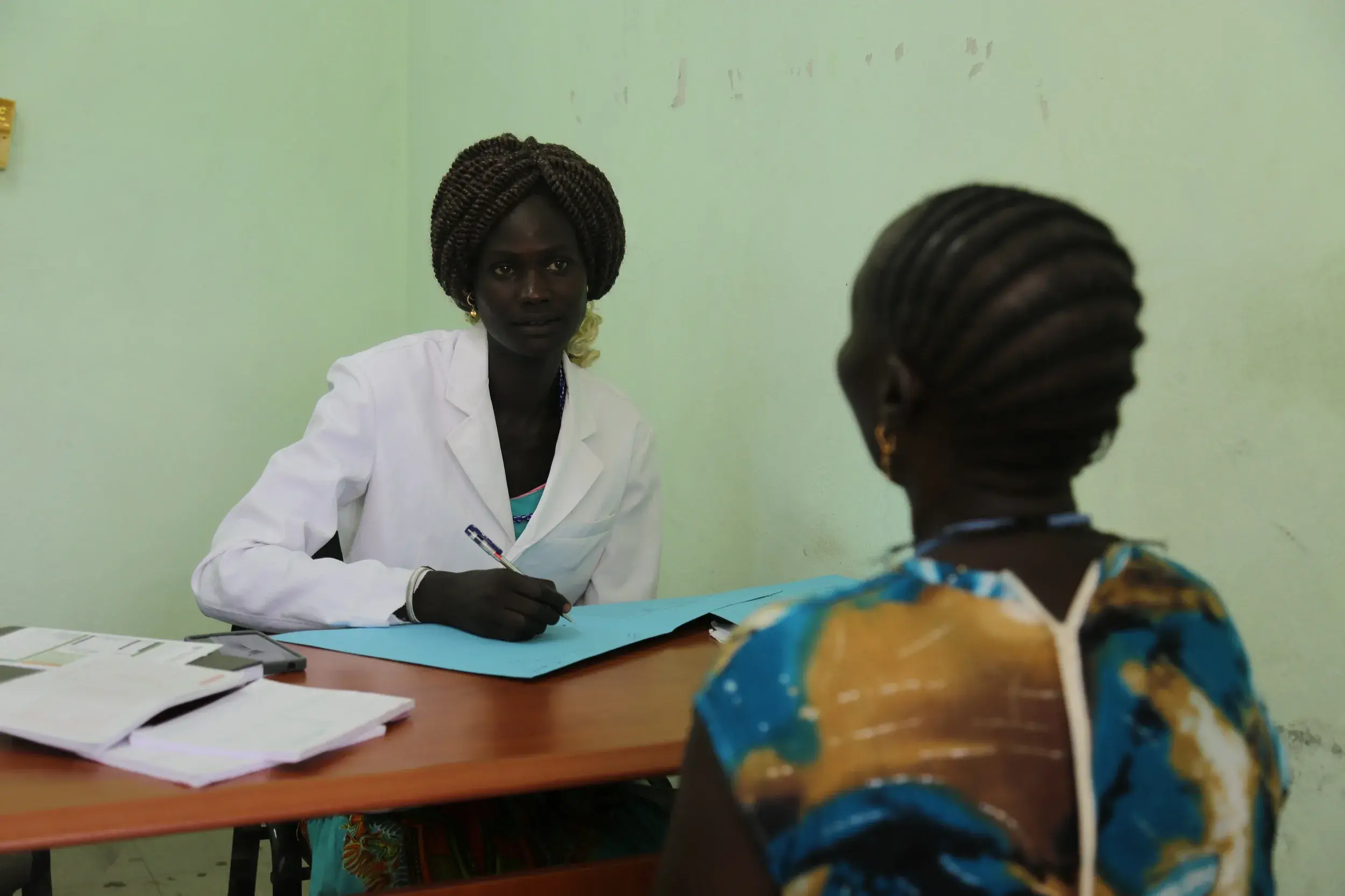Kebelle Duba is a 20-year-old woman currently awaiting the birth of her child at the maternity waiting home at the Orbate Health Centre in the Borana Zone of the Oromia Region. She travelled 43 kilometres from her home in the Dawa locality to get to the health center recognizing the importance of accessing skilled attendance by a medical professional to give birth safely.
"I feel safe here at the health centre," Kebelle said, her face beaming with a mix of excitement and joy. “This is my first pregnancy and I’m so much looking forward to give birth in a health facility.” Her words capture the importance of such facilities in rural areas and underserved communities, where access to professional health care during pregnancy and childbirth isn’t easy.
The Orbate health centre which is supported by UNFPA with funding from the Bill & Melinda Gates Foundation is offering Kebelle not only a safe, supportive environment but also a peace of mind during this significant life event.
A key strategy in preventing maternal deaths
Kebelle’s decision to travel long distances to a health center ahead of her due date speaks to the challenges that many pregnant women in rural Ethiopia face in accessing skilled care at birth.
As one of the key strategies to increase the uptake of institutional delivery and other maternal health services, the Ministry of Health of Ethiopia has been working with partners including UNFPA over the past decade to expand and strengthen maternity waiting homes across the country.
Maternity waiting homes are residential facilities located near or in a health facility to accommodate women in their final weeks of pregnancy to breach the challenge of poor access to obstetric facilities. Maternity waiting homes are also playing a lifesaving function assisting women with high-risk pregnancy and improve uptake of other maternal and newborn health services, such as antenatal care, postnatal care and vaccination services.
Once labour starts, women would move to the health facility so that they can be assisted by a skilled birth attendant and the mothers, and their newborns could stay postpartum at the maternity waiting homes for some more days to ensure all is well before going back home.
UNFPA has been supporting the government’s efforts to expand and strengthen maternity waiting homes through training of health workers and provision of supplies and equipment.
Promoting safe delivery in the community
"I feel more at home here, receiving excellent care from the healthcare staff. The food provided is nutritious, helping me stay healthy," says Kebelle.
The maternity waiting home where Kebelle is currently staying is providing invaluable services to the expectant mothers who came from remote places. The contribution of the maternity waiting homes is proving critical in saving the lives of pregnant women and new-borns in the Borana Zone where access to obstetric care is very limited due to distance, poor infrastructure and lack of transportation.
Kebelle is thinking about sharing her positive experience with others in her community when she goes back home. She wants to promote the importance of safe deliveries and encourage other women in her locality to seek care at health facilities for their own their new-borns safety and well-being.





